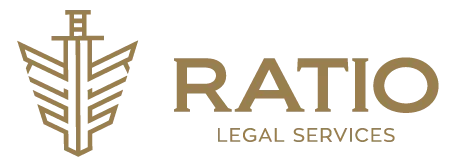Travelers’ increasing desire for authentic experiences in nature, culture, and gastronomy has boosted interest in agritourism and wine tourism in Greece. These sectors can generate new income streams in rural or semi-rural areas, blending sustainable development with local heritage and traditions. Nevertheless, any investment or business initiative in these fields requires careful legal preparation and compliance with a notably complex regulatory framework.
From a planning and zoning perspective, facilities intended for agritourism or wine tourism are often located outside city planning boundaries or within protected agricultural zones. Land use classifications, development restrictions, and other potential limitations – such as Natura-protected areas or traditional settlements – directly affect the scope and type of permitted construction or renovations. In the event of new structures or modifications to existing buildings, the appropriate building permit is required, frequently supplemented by approvals from environmental or archaeological authorities.
The licensing of an agritourism or wine tourism establishment generally falls under the broader provisions for tourist accommodations, including the mandatory notification of operations through the “notifybusiness” platform. Additionally, activities related to the production, processing, and sale of agricultural products—such as wine tastings, winery tours, or opportunities for guests to participate in farming tasks—may call for supplementary permits or approvals. Compliance with health and safety regulations is especially critical where guest accommodations are provided, or products are consumed onsite.
In wine tourism specifically, the use of geographical indications (PDO, PGI), bottle labeling, and the promotion of each wine’s characteristics are governed by EU and national legislation on wine and viticulture. Businesses aiming to highlight local grape varieties or connect their brand to a specific origin must ensure they meet the required specifications and certification procedures. Furthermore, wineries welcoming visitors for tours and tastings often face additional tax and customs obligations.
Offering products (e.g., honey, olive oil, fruit, wine) within an agritourism or wine tourism setting also raises concerns about food labeling, health and safety standards, and consumer protection compliance. These requirements can vary depending on the nature of the goods and how they are being sold—whether for direct consumption or retail sale.
Given that visitors’ experiences often include outdoor activities—hiking, vineyard walks, fruit picking—the safety of participants and the legal protection of operators become paramount. Adequate insurance, clear signage on trails, and proper guest briefings on potential risks are vital steps in preventing disputes or serious incidents.
Because agritourism and wine tourism combine hospitality practices with agricultural production and tourism promotion, the legal requirements can be multifaceted, frequently subject to change—especially in light of European programs and policies aimed at rural development. Proper legal guidance helps investors and owners avoid delays, prevent penalties, and formulate a stable long-term growth strategy.
At Ratio Legal Services, our experience and expertise cover the licensing, certification, and compliance needs in agritourism and wine tourism. We enable our clients to expand their operations safely and successfully, blending hospitality with the promotion of local heritage and products.




